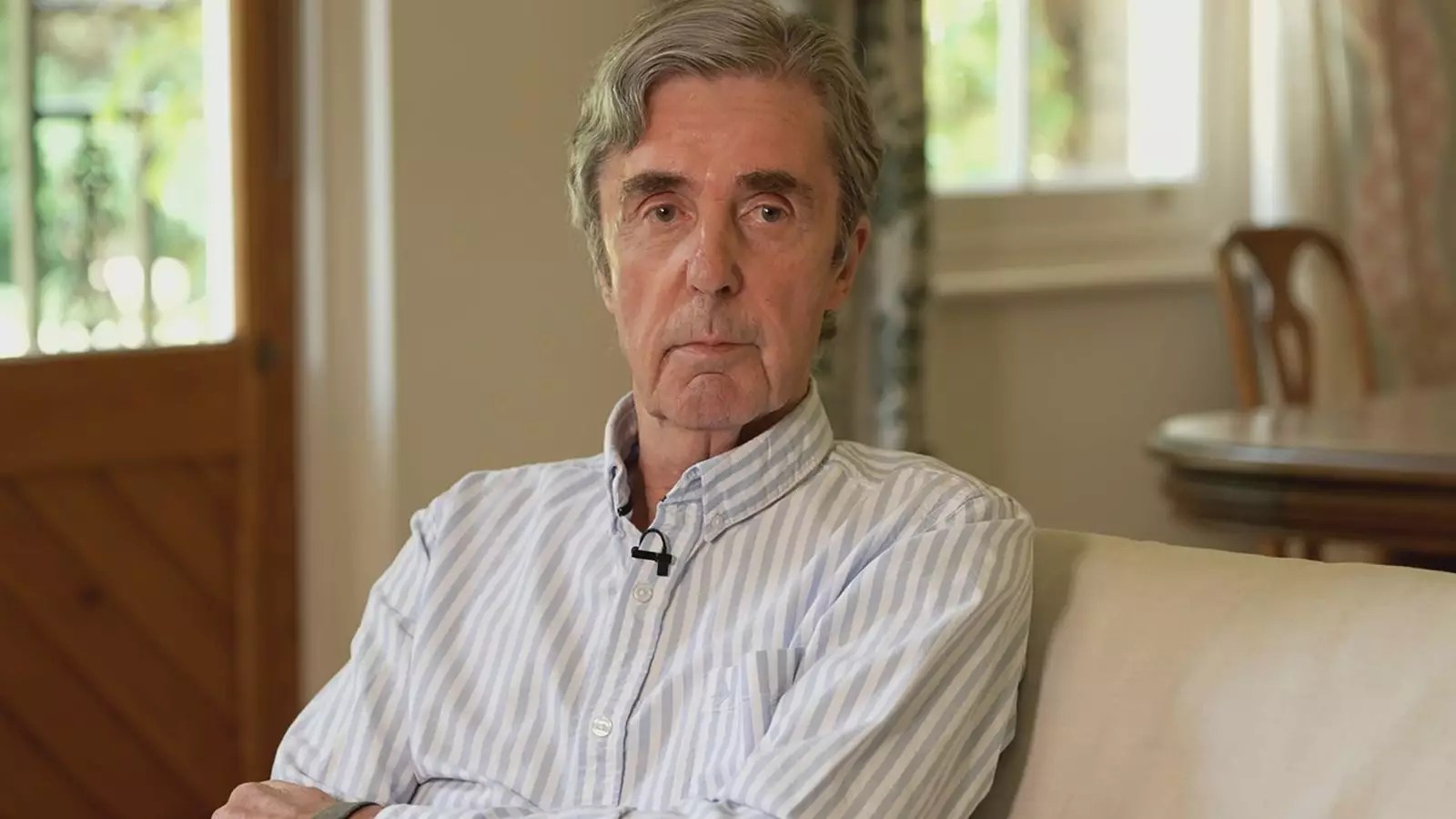In an era where media personalities often fade into obscurity or become mere commodities, John Stapleton stands as a testament to genuine professionalism and unwavering integrity. His death at 79, amid mounting health challenges, leaves a void not only in the broadcasting world but also in the collective consciousness of those who valued sincere journalism. Unlike the fleeting fame that characterizes many modern media figures, Stapleton’s career was a continuous journey marked by a steadfast commitment to truthful storytelling and a warm, approachable demeanor. His life reflects a rare blend of public service and personal humility, making his passing more than just the loss of a familiar face—it’s the end of an era characterized by grace, thoughtfulness, and a sense of moral responsibility.
Challenging the Shallow Conduct of Contemporary Media
Contemporary broadcasting often struggles with sensationalism and superficiality, phenomena that stand in stark contrast to Stapleton’s approach. His interviews, whether with world leaders or ordinary citizens, demonstrated an instinct for probing questions without descending into showboating or disrespect. In a landscape where the line between news and entertainment is increasingly blurred, Stapleton’s style emphasized integrity over spectacle. He refused to sensationalize stories or manipulate narratives to fit a particular agenda, embodying the center-wing liberal ideal of balanced and fair discourse. This approach is essential now more than ever, as public trust in media diminishes sharply. The loss of someone like Stapleton underscores the vital importance of holding onto journalistic virtues, even in a commercialized, rapidly paced information age.
A Personal and Public Legacy Merged by Humanity
While his professional achievements are substantial—interviewing prime ministers, anchoring major programs, and earning accolades like the Royal Television Society’s presenter of the year—what truly defined Stapleton was his humanity. Colleagues speak of him as ‘kind,’ ‘wise,’ and ‘genuinely lovely,’ attributes that transcended his on-screen persona. His openness about battling Parkinson’s disease illustrated courage and honesty, qualities that endeared him further to a generation of viewers who saw in him a reflection of authentic resilience. Moreover, his deep-rooted support for Manchester City painted a picture of a man who cherished community, loyalty, and passion—values that resonated beyond the newsroom. His son’s heartfelt tribute offers a glimpse of a man who prioritized love, kindness, and integrity over superficial accolades, reinforcing the idea that a meaningful life is one rooted in genuine human connection.
The Critical Need for Respecting Legacy in Changing Times
Stapleton’s passing should serve as a catalyst for reflection—not only on his personal virtues but also on what we demand from media figures today. The current media environment often prioritizes scandal, outrage, and fleeting clicks over critical engagement and moral transparency. As we mourn staples of traditional journalism, we must also recognize the importance of nurturing future broadcasters who uphold these standards. It’s easy to villainize the media, yet individuals like Stapleton remind us that journalism, at its best, is an act of service and stewardship. His career shows that credibility and kindness are not mutually exclusive but essential ingredients for lasting influence. Moving forward, society should advocate for media that values nuance, integrity, and empathy—traits epitomized by Stapleton’s life’s work—rather than succumb to the temptation of quick outrage or sensationalism.
A Reflection on Our Social Responsibility
The death of a beloved journalist often prompts societal introspection on the values we uphold. Stapleton’s life exemplifies a commitment to informing the public while maintaining respect and decency. In a time of polarization and misinformation, honoring his legacy means striving for a media landscape that fosters understanding, critical thinking, and respect for diverse perspectives. This is especially pertinent in a cultural climate that sometimes encourages division rather than dialogue. His career reminds us that influential media figures have a duty beyond entertainment—they are custodians of truth and voices for the voiceless. As a center-wing liberal, I believe embracing those qualities—compassion, fairness, and critical inquiry—are essential to fostering a society capable of meaningful progress. The loss of Stapleton should motivate us to demand better from ourselves and from the institutions that shape public discourse.

